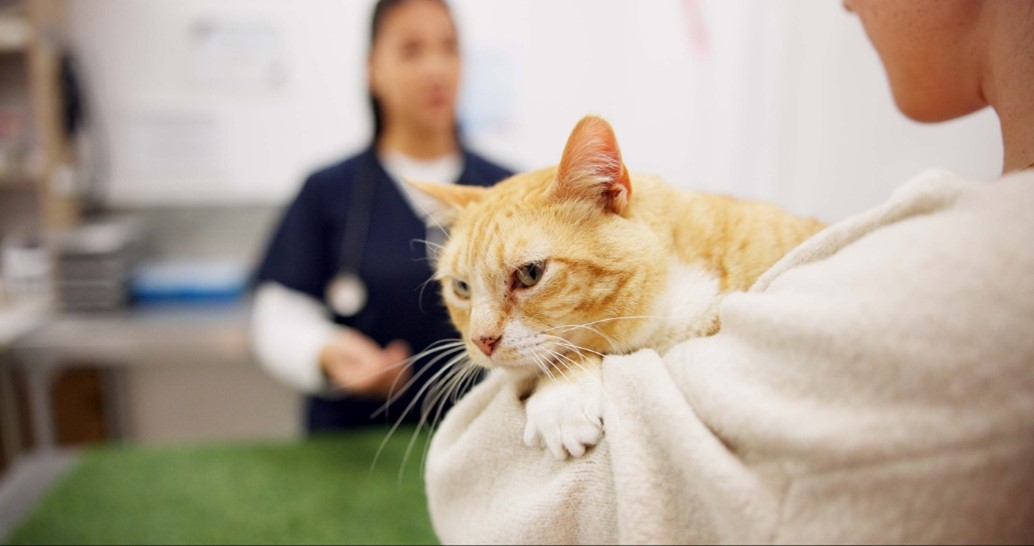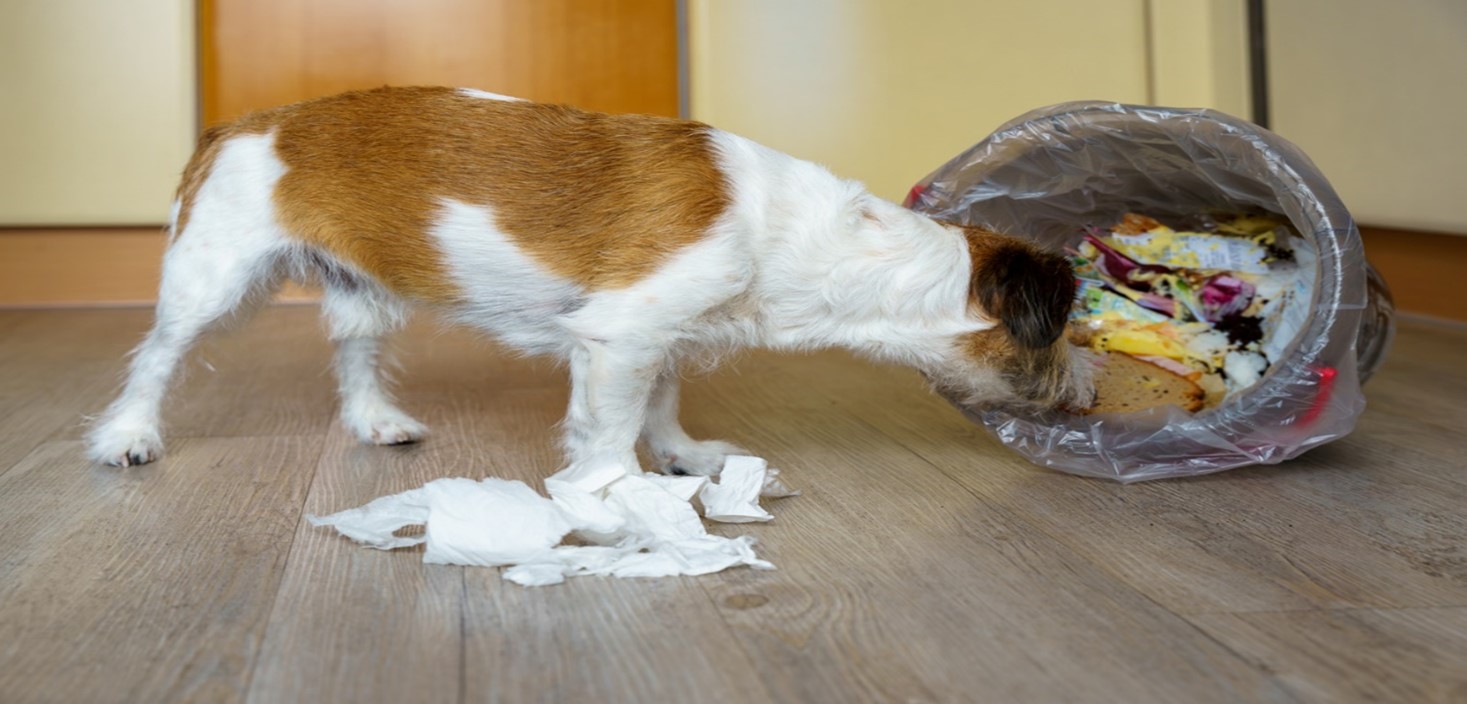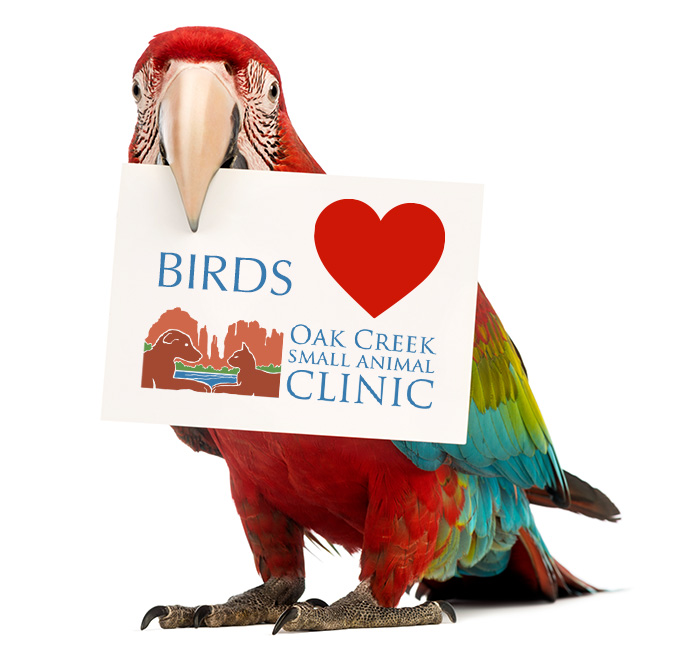Your pet is an integral part of your family, and keeping them safe from harm is a top priority. Unfortunately, everyday household items, foods, and outdoor substances can pose serious poisoning risks. Understanding these dangers and how to respond in a pet poisoning emergency can save your pet’s life. Continue reading to learn about common pet toxins, warning signs of poisoning, and how Oak Creek Small Animal Clinic is here to help with pet poison prevention.
Common Causes of Pet Poisonings
Many household and outdoor items can be dangerous for pets, leading to a pet poisoning emergency. Some common toxins include:
- Household Foods – Chocolate, caffeine, grapes, raisins, onions, garlic, xylitol (found in sugar-free gum and peanut butter), alcohol, and cannabis products.
- Medications – Human prescriptions, over-the-counter pain relievers (such as ibuprofen or acetaminophen), and even pet medications when given incorrectly. Avoid giving your pet any herbs or supplements that you have not discussed with your veterinarian.
- Household Chemicals – Bleach, ammonia, laundry or dishwasher detergent pods, fabric softeners, floor and carpet cleaners, air fresheners, and essential oils.
- Plants – Lilies (incredibly toxic to cats), sago palms, oleander, and azaleas.
- Human Recreational Substances – Cannabis, nicotine, and alcohol.
- Outdoor Household Poisons – Fertilizers, pesticides, herbicides, antifreeze, and rodenticides.
- Environmental Poisons on Walks and Hikes – Toxic algae in stagnant water, leptospirosis bacteria, mushrooms, discarded drug paraphernalia, and chemically treated grass or plants.
Exotic Pets and Poisoning Risks
Reptiles, birds, and small mammals have unique sensitivities to toxins. Some foods safe for dogs and cats can be fatal to exotic pets. For example, avocado is highly toxic to birds, and chocolate can be deadly to ferrets. Even non-stick cookware emits fumes that can be lethal to birds. Understanding your exotic pet’s specific dietary and environmental needs can help prevent a pet poisoning emergency.
For a complete list of pet poisons, visit the Pet Poison Helpline.
Recognizing the Signs of Pet Poisoning
Early detection is key to saving your pet’s life. Symptoms of poisoning may vary but often include:
- Vomiting and diarrhea
- Excessive drooling
- Loss of appetite
- Lethargy or weakness
- Difficulty breathing
- Seizures or tremors
- Pale or yellow gums
- Increased thirst or urination
Signs of Poisoning in Exotic Pets
Birds, reptiles, and small mammals may not always show obvious signs of poisoning. Watch for unusual behaviors like weakness, loss of appetite, uncoordinated movement, respiratory distress, or sudden color changes in reptiles. Since exotic pets often hide illness, take even minor changes seriously.
If you notice any of these signs, act immediately.
Call Oak Creek Small Animal Clinic Right Away

Stay calm. If you suspect poisoning, try to identify the toxin and how much your pet ingested. Look for packaging or evidence of chewing. Then, call us at (928) 282-1195 immediately.
At Oak Creek Small Animal Clinic, we understand how frightening pet poisoning emergencies can be. Our experienced team offers immediate medical intervention, including:
- Decontamination
- IV fluids
- Medications
- Supportive care for recovery
After-Hours Pet Poisoning: Call the Pet Poison Helpline or ASPCA Animal Poison Control
If your pet experiences a poisoning emergency outside regular business hours, call the Pet Poison Helpline at (855) 764-7661 or the ASPCA Animal Poison Control at (888) 426-4435 for expert guidance. Their specialists provide first-aid instructions, assess the severity of exposure, and advise whether your pet needs veterinary care. They assist with all pets, including dogs, cats, birds, reptiles, and small mammals.
What to Expect When You Call Pet Poison Control

Pet Poison Helpline is a 24/7 Animal Poison Control Center. Here is what happens during a call:
- Initial Information Gathering – The specialist will ask about your pet’s species, breed, age, weight, overall health, the suspected toxin, time of ingestion, symptoms, and your location.
- Toxicity Evaluation – Experts assess the toxin’s risk based on your pet’s size and exposure level.
- Step-by-Step Emergency Instructions – A veterinarian may advise you to induce vomiting, flush the mouth or skin, administer activated charcoal, or monitor for worsening symptoms.
- Veterinary Referral if Needed – If your pet requires urgent veterinary care, you will be directed to the nearest veterinary hospital.
- Follow-Up Care – Poison control can provide ongoing guidance if symptoms change or worsen.
Pet Poison Helpline charges around $85-95 per consultation, which includes follow-ups. If you have a pet insurance plan it may cover the cost, so check your policy in advance.
Prevention Tips to Keep Your Pet Safe
To minimize the risk of a poisoning emergency, follow these precautions:
- Store medications, household cleaners, and toxic foods securely out of reach.
- Avoid keeping plants that are harmful to pets.
- Ensure your pet does not drink or play in any stagnant water.
Keeping Your Pet Safe with Oak Creek Small Animal Clinic
Preventing a pet poisoning emergency starts with awareness and quick action. You can protect your pet’s health by keeping dangerous substances out of reach, recognizing the signs of a poisoning, and acting fast. Save Oak Creek Small Animal Clinic’s phone number in your contacts to prepare for any emergency.
For questions, emergency care, or to schedule an appointment, contact us today.
Oak Creek Small Animal Clinic
5 Pinon Drive and 89a
Sedona, AZ 86336



